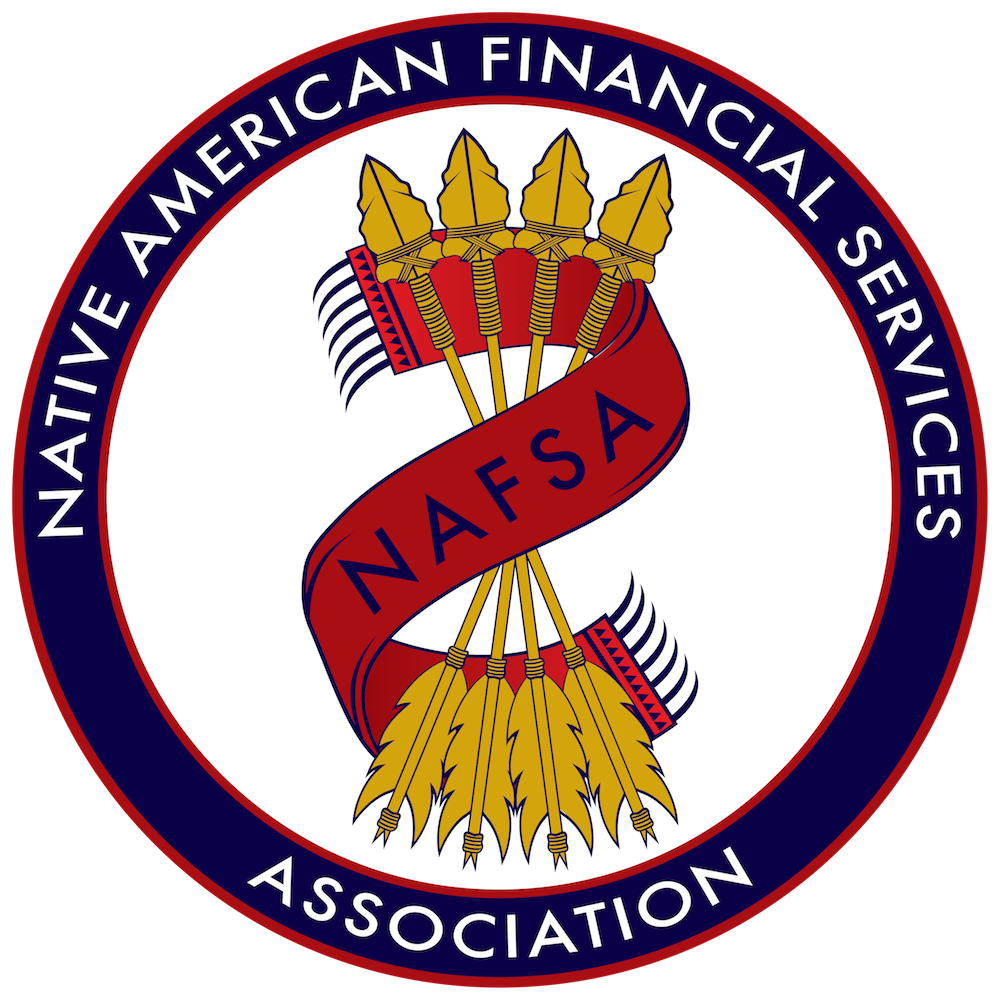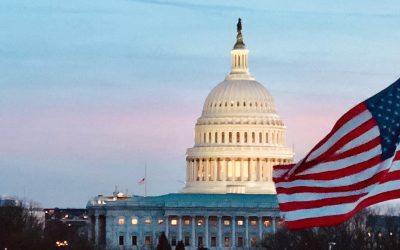The Latest Financial News
Federal Agencies Issue Joint Statement Clarifying Supervisory Guidance
Five federal agencies - The Federal Reserve, the Federal Deposit Insurance Corporation, the National Credit Union Administration, the Office of the Comptroller of the Currency, and the Consumer Financial Protection Bureau - issued a joint...
Banks Eying a Return to Small-Dollar Installment Loans?
U.S. Bank, the largest regional bank in the United States, announced yesterday that it would begin providing small-dollar loans between $100 and $1,000 to its customers, making it the first national bank to offer such loan products. It is called...
Consumer Financial Protection Bureau Reinstates Advisory Boards
On Friday, the Consumer Financial Protection Bureau (CFPB) reinstated its advisory boards, including the Consumer Advisory Board, the Community Bank Advisory Council, and the Credit Union Advisory Council. The reinstatement comes several months...
Why NAFSA?
There are more than 570 federally-recognized tribes in the United States, many of whom are spread across in diverse areas. This has left a need for other tribal economic development opportunities to create sustainability and jobs on Native American reservations.
Tribal Financial Services:
![]() Create jobs & economic development on tribal lands
Create jobs & economic development on tribal lands
![]() Increase the financial independence of tribes
Increase the financial independence of tribes
![]() Deploy sovereignty & bolster tribal self-determination
Deploy sovereignty & bolster tribal self-determination

The Impact of Tribal Financial Services
Coming from a history of staggering unemployment rates, limited opportunities, and lack of access to fundamental resources, Native American tribes began online lending businesses to create real change for the future. Internet commerce has been a vehicle for supporting economic growth, tribal services, and tribal development. These are their stories.
Our Mission
To advocate for tribal sovereignty, promote responsible financial services, and provide better economic opportunity in Indian Country for the benefit of tribal communities.




